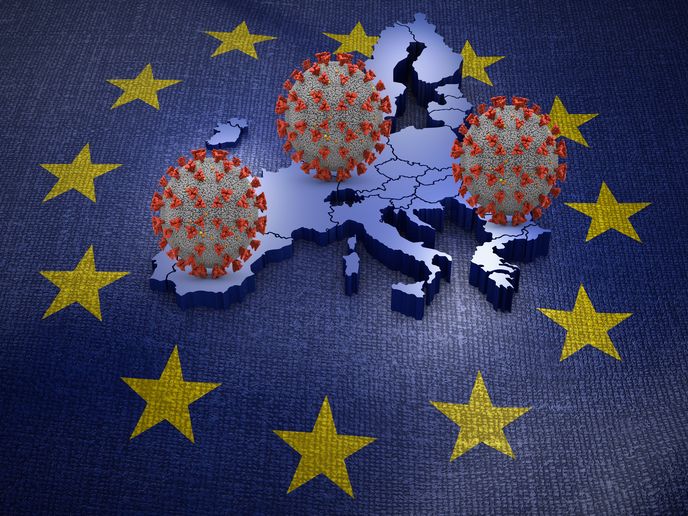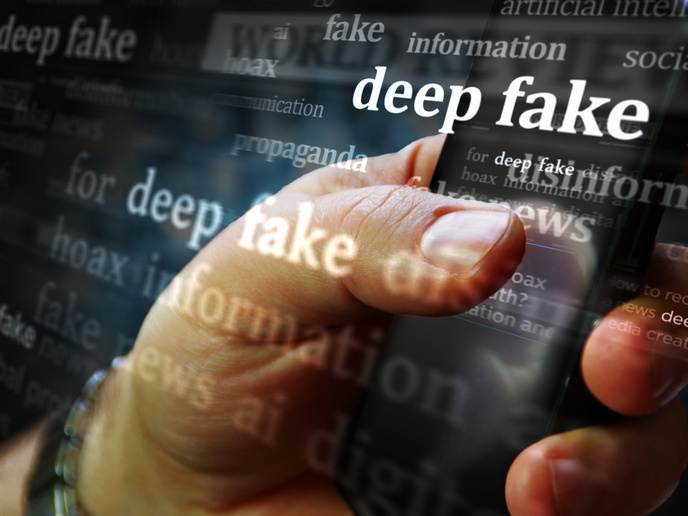Strengthening the democratic fibre of the EU
The EU has suffered a multitude of overlapping crises in recent years, including COVID-19, increased migration, terrorist attacks, the spread of populism, Brexit, emerging authoritarianism, the sovereign debt crisis and trade issues. As a result, there is a disconnect between the Union and its citizens. The EU-funded RECONNECT (Reconciling Europe with its Citizens through Democracy and Rule of Law) project is a 4-year, multidisciplinary research project that sets out to identify measures which can be taken to address rule of law and democratic backsliding in Member States as well as citizens’ concerns with the Union. “We tried to look at things from the point of view of strengthening the democratic fibre of the EU, the rule of law, and the other foundational values that are enshrined in Article 2 of the Treaty on European Union,” says project coordinator Jan Wouters. “The final objective is to find ways of better measuring what citizens expect from the EU, and to see how democratic legitimacy and the rule of law can be improved.”
Seeds of doubt
Wouters, a Jean Monnet chair and professor of International Law at KU Leuven, led a team of researchers drawn from 18 institutions. Together, they explored democracy and the rule of law in the EU through both literary and empirical analyses, and conducted surveys on citizens’ attitudes to the EU. They found that a key hurdle was the limited understanding that many EU citizens have of the bloc and its capabilities. “A considerable number, up to 50 %, never even discuss the EU, and have no basic idea of what it can and can’t do,” remarks Wouters. This is reflected in the steady decline of voter turnout for EU elections, and in how citizens vote, with many using EU ballots to signal their opinions on national issues. The group also discovered a ‘worrying’ decline in the quality of public discourse. “If public discourse becomes too one-sided, shallow, and in the hands of government, we know it will cause problems with the functioning of democratic systems,” explains Wouters.
Global challenge
To help citizens understand the EU and the current challenges related to democracy and the rule of law, the RECONNECT team created a massive open online course (MOOC), which has already reached over 2 500 learners from 90 different countries. The project also makes a number of recommendations. “Closer attention should be given to the strengthening of channels of democratic participation, since surveys show widespread support for this,” says Wouters. Compulsory voting, holding elections on weekends, and running concurrent elections can all increase voter turnout, he adds. The group recommends that the EU establishes an independent expert commission to observe the quality of public discourse, and calls upon the European Commission to use its powers to translate shared values of democracy and the rule of law into practice. “The EU has failed to reverse the trend in Member States like Hungary and Poland, and doing so is fundamental for the survival of the EU,” notes Wouters. However, Wouters adds that the current challenges observed in the EU should be placed in a wider context: “This is not just an EU phenomenon. The global reality is far less aligned with its values than 15 years ago. It’s not just a matter of doing things better internally – external policy is needed to face these global challenges.”
Keywords
RECONNECT, EU, democracy, populism, Brexit, rule, law, survey, compulsory voting, participation, elections







